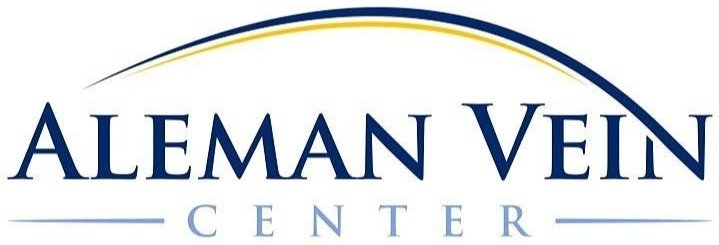Can varicose vein disease cause RLS or restless legs syndrome?
Yes, vein problems and restless legs syndrome (RLS) can be connected, but the exact relationship is not fully understood. Some studies have suggested that chronic venous insufficiency, a condition in which the veins in the legs are unable to pump blood back to the heart effectively, may contribute to the development of RLS.
In varicose vein disease, blood refluxes (flows backwards) in the varicose veins of the legs. This may cause leg swelling, pain, leg cramps at night, and other symptoms. This reflux of blood can cause an increase in pressure in the veins and accumulation of byproducts of metabolism, which may trigger signals that contribute to RLS symptoms. The muscles in the legs, especially the calf muscles, are the main pump for the venous system. When the leg muscles flex and relax, they cause the blood to be pumped up through the veins.
Some research has suggested that RLS may be more common in people with varicose veins, a condition in which the veins become enlarged and twisted. While the exact details of this association are not clear, there is evidence that treatment of varicose veins in those patients with restless legs syndrome can improve the symptoms of restless legs. Frequently, patients are able to stop taking medications for RLS that often cause unwanted side effects. More research is needed to fully understand the link between vein problems and RLS.
It is important to note that not everyone with vein problems will develop RLS, and not everyone with RLS will have underlying vein problems. If you are experiencing symptoms of RLS or vein problems, it is important to speak to a vein specialist like Aleman Vein Center. With a quick, easy, and non-invasive ultrasound of the veins, we can tell if you have vein disease that could be contributing to restless legs. The ultrasound is performed in the office and is usually covered by insurance.

